
The National Association of Graduate Teachers (NAGRAT), is kicking against the soon to be introduced Double-Track system at the Senior High School (SHS) level calling on the Ghana Education Service (GES) to "suspend the policy intervention in its entirety".
In a communique issued in Accra, the association said the policy, scheduled to be introduced in September, is a poorly thought through one and must be aborted before birth.
The double-track system which would see SHS students, starting from the 2018/2019 academic year, government has explained was to accommodate the numbers that are eligible to access SHS following the implementation of the Free SHS policy.
But some civil society organisations and educationists have questioned the system expressing fears that it could jeopardise the quality of the country's SHS education system.
Adding its voice to the many which have called for a rethink of the programme, the NAGRAT said it was dismayed that the introduction of such a major policy intervention was not discussed with teachers who will be the main implementers.
While appreciating the pressure on the Ministry of Education to deal with the 181,000 student gap resulting from the introduction of the free SHS policy, the NAGRAT said, "Even the best thought-out plan is likely to meet unexpected shocks, hence the need for broader consultation and readiness to engage major stakeholders."
Such consultative engagements rather than "mere provision of information" the communiqué said will contribute significantly to identifying various ways of confronting the challenges "we" are faced with.
In the view of the NAGRAT, per the arrangement under the double-track system, teachers would be overloaded with work against the provisions of the Labour Law of the country.
According to the communique, under the new system, teachers may be required to sacrifice their annual leave as there would be no time to go on vacation as one group of students would be in school while the others go on vacation.
It said in government's attempt to increase the contact hours with students, there may be no time for co-curricular activities which provide opportunities to develop the total personality of students.
"Values such as competitiveness, fair play, team spirit, amongst others are developed through co-curricular activities. The confidence and leadership skills of most of our students are better acquired through co-curricular activities.
"An extended teaching period as envisaged will make no time available to our students to develop their areas of interest," the communiqué noted.
It observed that the extension in daily contact hours will have negative effect on the learning abilities of students which would lead to poor outcomes adding that "engaging students to sit for long periods simply to meet the hours required may actually reduce the level of learning due to retardation".
The NAGRAT expressed worry at the "deafening silence" of the heads of senior high schools on such a critical change in the administration and management of schools.
In finding solution to the huge numbers coming from the junior high schools, the NAGRAT called on the government to involve private SHSs to absorb some of the numbers.
"In the medium term, government must pursue an aggressive infrastructural development and expansion to accommodate the increasing number of students and prioritise and complete ongoing infrastructural projects began by the previous governments."
It warned that "any attempt to pursue this programme will overburden the teacher. We will therefore have no option than advise our members to work according to their conscience."
Read Full Story
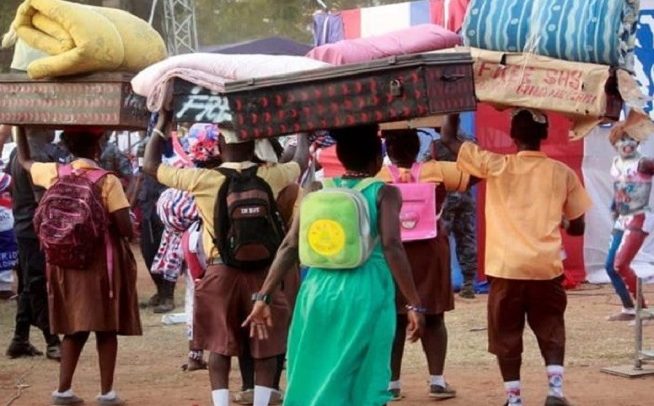
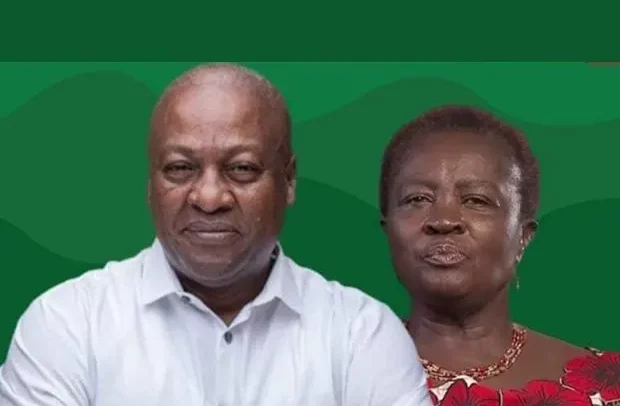
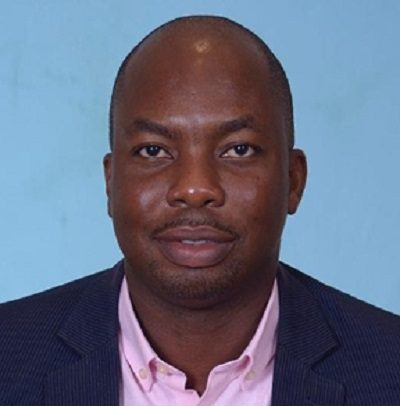







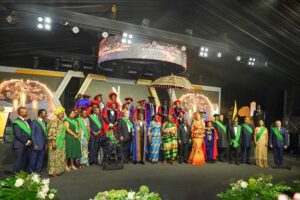
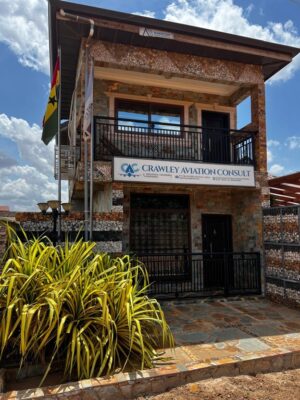
Facebook
Twitter
Pinterest
Instagram
Google+
YouTube
LinkedIn
RSS